The Supreme Court seems to have decided to take on the Government over the issue of the appointment of judges. Putting up its communication with the Centre in the public domain, the collegium judges, headed by Chief Justice of India DY Chandrachud, have made it clear that they are not going to take the almost daily badgering from the Centre lying down. Making the communication public was a big decision for them; the top judges reportedly deliberated for four days before taking this unprecedented step. Till the time of writing these lines, there has been no response from the Government to the SC’s communication. This is not a desirable situation; the judiciary and the executive should act in harmony, not in conflict. Owing to differences in perspectives and lines of thinking, there can be occasion friction; this happens elsewhere as well. In the United States, for instance, the differences become pronounced over important matters like gun control and abortion. The tensions, however, cannot be allowed to linger on for longer periods; but, unfortunately, that is what is happening. In 2015, the apex court struck down the National Judicial Appointment Commission (NJAC), the alternative judges’ appointment mechanism. Since then, the Government has been smarting under that ruling. In the last few months, its unease over the collegium system has been articulated by many a personage — from Vice President Jagdeep Dhankhar to Law Minister Kiren Rijiju and Lok Sabha Speak Om Birla. Worse, the articulation has sometimes bordered on abrasiveness.
While the executive has been ham-handed, the judiciary has not been very prompt in resolving the issue. Months ago, CJI Chandrachud had said that the collegium system would be reconsidered; not much seems to have happened since then, even as Government functionaries have been becoming impatient and sometimes intemperate. Posting letters signed by top judges on the SC website also has the potential to further flare up the matter. The apex court judges have reasons to disagree with the Centre’s refusal to elevate the three candidates to the Delhi, Bombay, and Madras High Courts. Saurabh Kirpal was denied judgeship because of his sexual orientation and the foreign nationality of his partner; this smacks of a socially reactionary attitude. Similarly, the rejection of Somasekhar Sundaresan and R John Sathyan, because one of them was critical of Prime Minister Narendra Modi and the other of the Citizenship Amendment Act, doesn’t seem proper. The Supreme Court has correctly trashed the Government’s objections, but one wonders if this needed to be done publicly. Besides, as we said earlier, a bit of urgency on the part of the top court over the collegium would go a long way in smoothing its relationship with the Government. Two organs of the State bickering with each other all the time is not a good advertisement for either India or democracy.
The article is courtesy: The Pioneer.







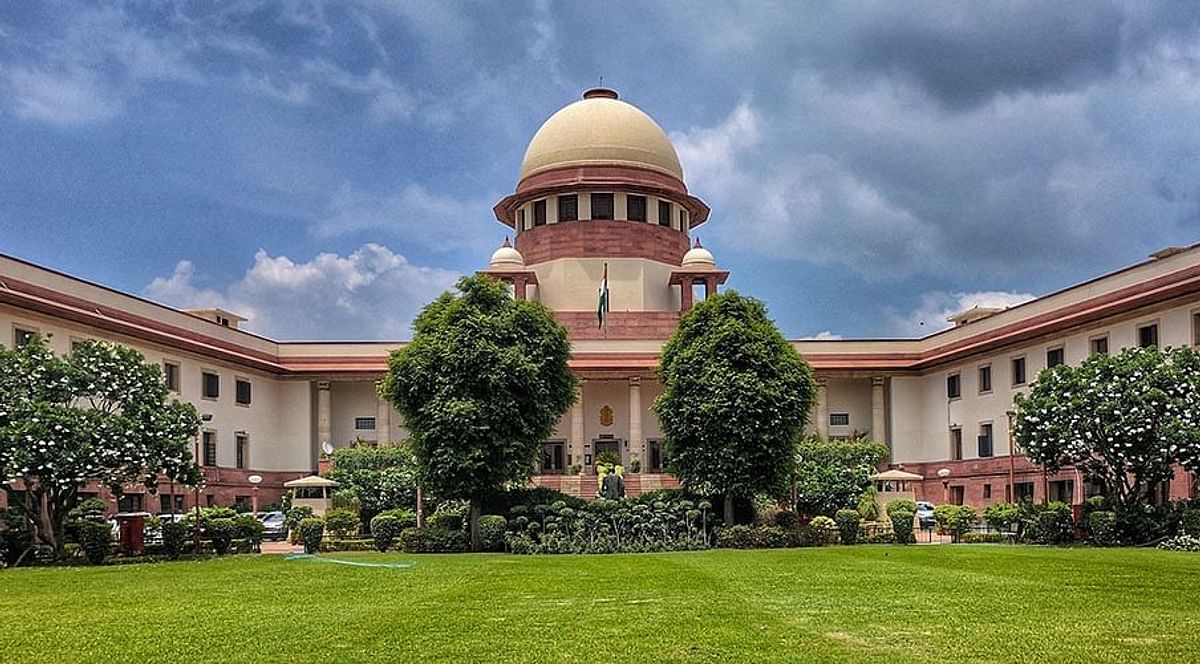
 OpinionExpress.In
OpinionExpress.In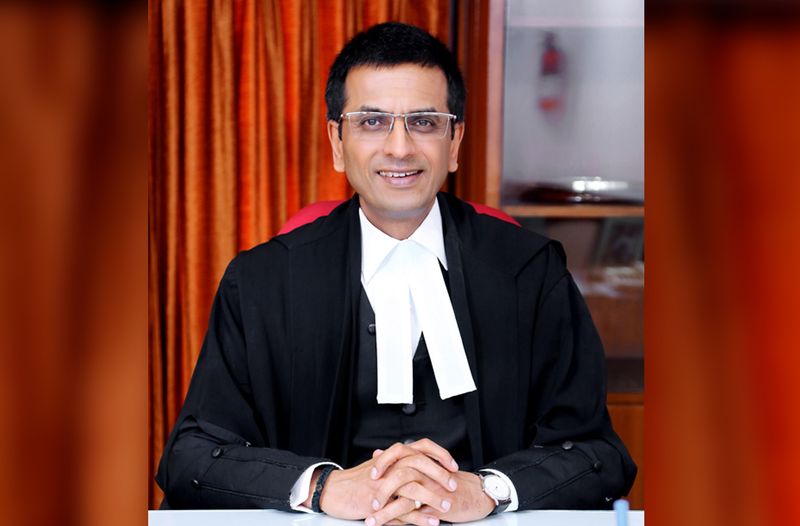
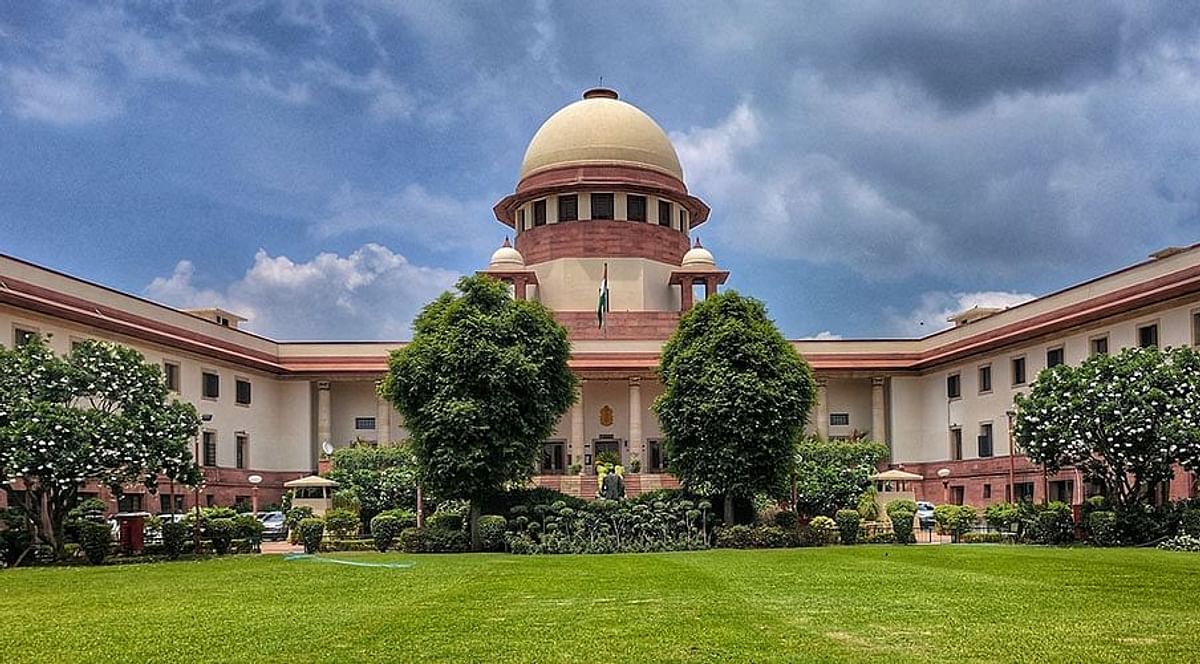
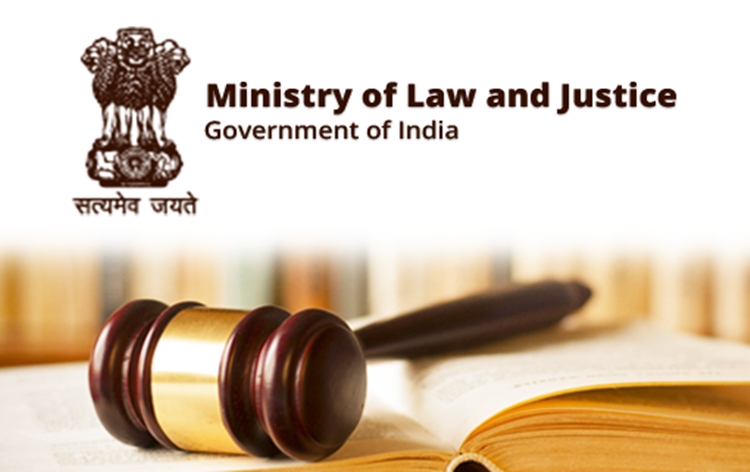
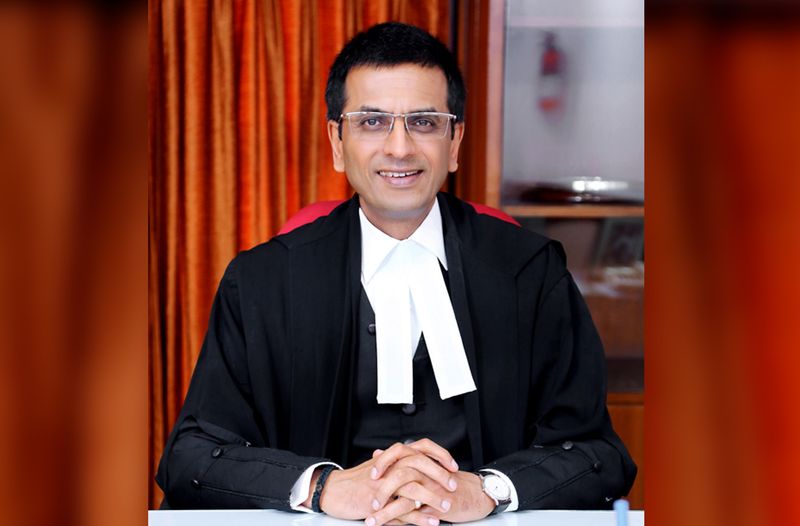
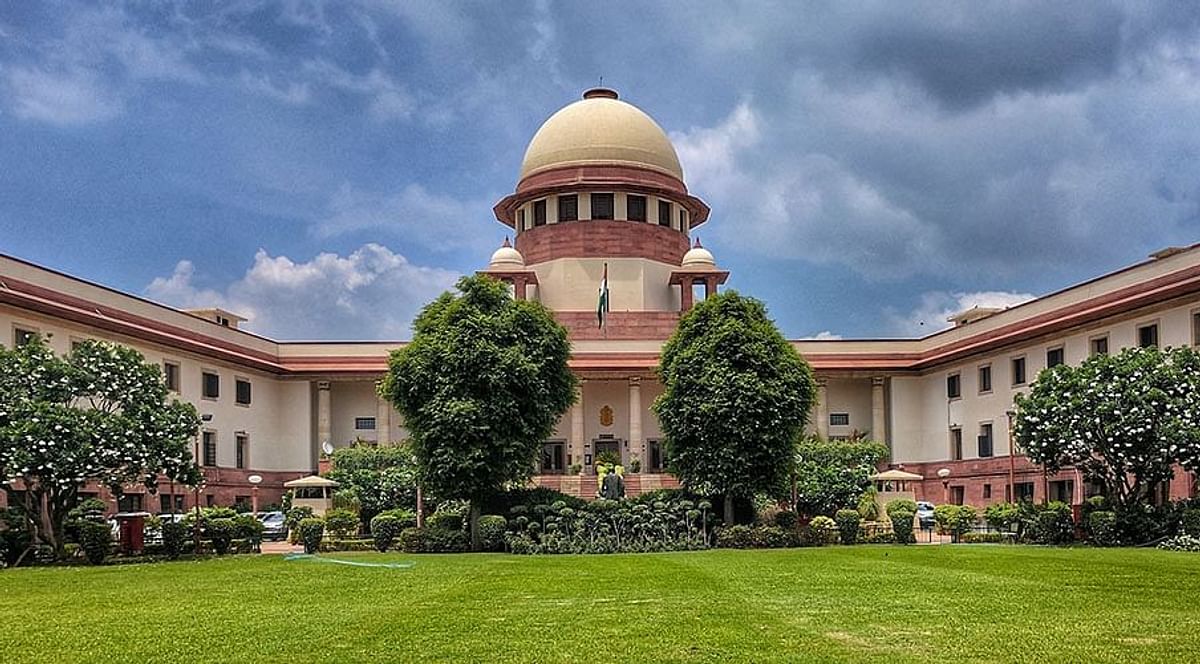
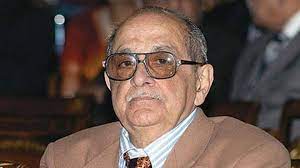
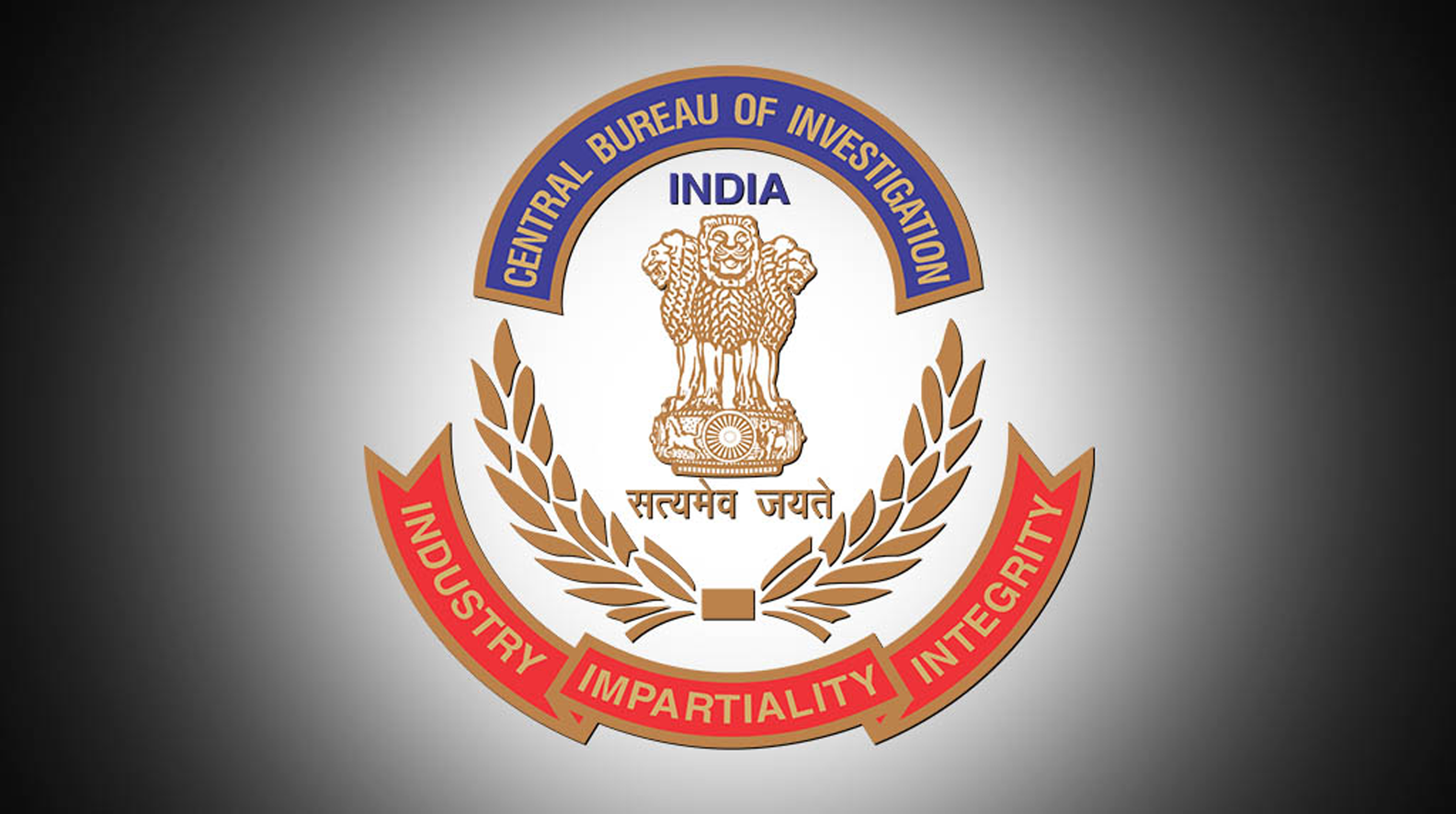
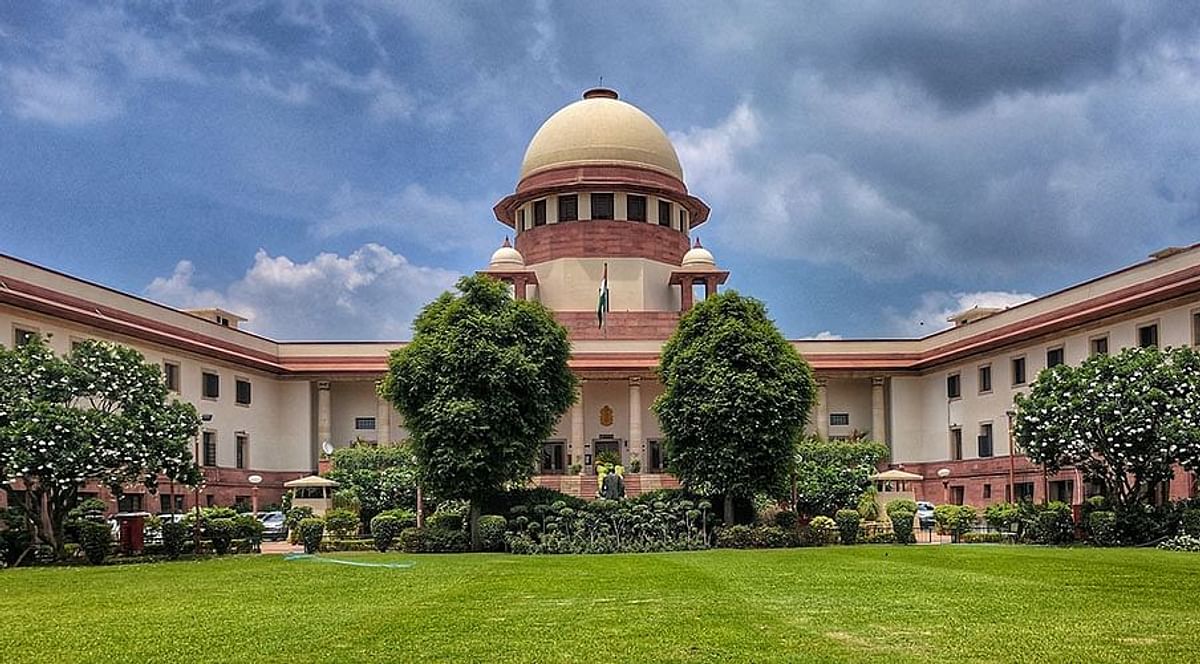

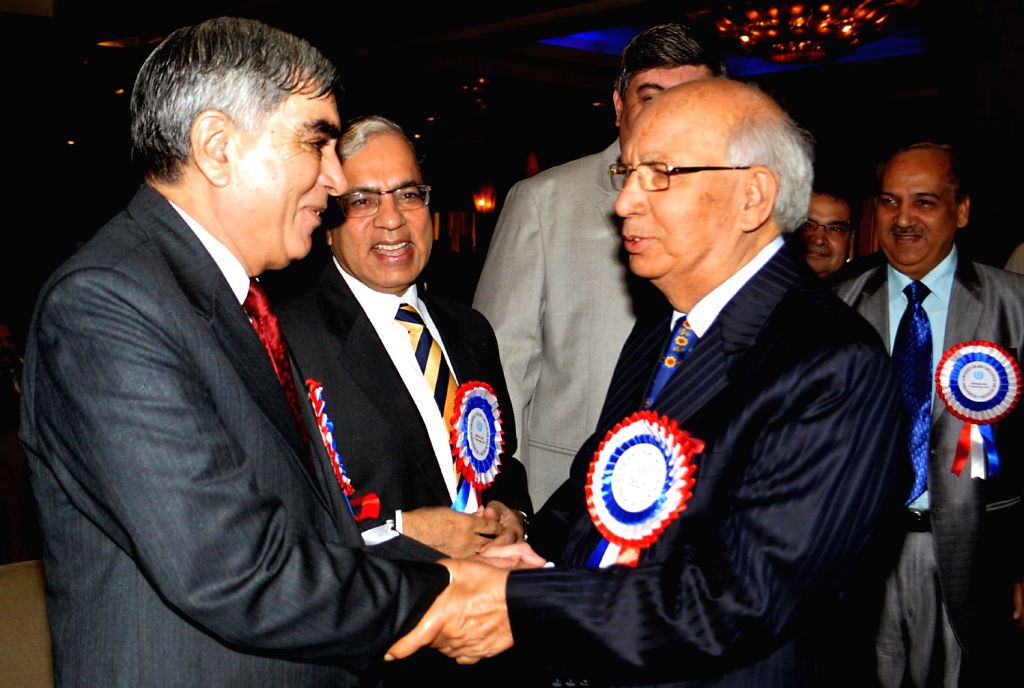






Comments (0)